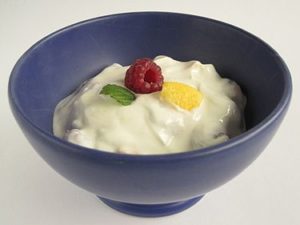 The bottom line: for better health be physically active at least is 2.5 hours of week. Note that HbA1c is a measure of glycated hemoglobin which identifies average plasma glucose concentration (and lower is better). From Medscape:
The bottom line: for better health be physically active at least is 2.5 hours of week. Note that HbA1c is a measure of glycated hemoglobin which identifies average plasma glucose concentration (and lower is better). From Medscape:
Exercise Tied to Cardiometabolic Markers in Clinic Patients
Healthy, middle-aged outpatients who were physically active for at least 2.5 hours a week had better blood pressure and blood glucose levels than their sedentary peers in a large cross-sectional study in California. The differences were especially notable in women, in this study published online December 18, 2014 in Preventing Chronic Disease.
Men and women who were consistently physically active—defined as performing moderate to vigorous activity such as brisk walking for at least 150 minutes a week, as self-reported at all three outpatient visits in a 33-month period—had lower diastolic blood pressure, glucose, and HbA1c levels than patients not reporting exercise at that level.
Moreover, on a population level, the observed associations "were comparable to those needed to reduce the risk of coronary heart disease, stroke, and diabetes," they continue. "If healthcare providers would routinely assess the physical activity of their patients and refer those who are physically inactive to effective physical-activity programs, it may reduce the burden of future chronic diseases."
They analyzed electronic records from over 622,000 adults covered by Kaiser Permanente Southern California healthcare insurance who made at least three clinic visits between April 2010 and December 2012 and were not being treated for diabetes or hypertension.
The consistently active women had systolic and diastolic blood pressures that were 4.60-mm-Hg lower and 3.28-mm-Hg lower, respectively, than inactive women. Perhaps surprisingly, somewhat active women had slightly better blood-pressure values than the more active group.

 Even though it looks to be a modest effect, it is still good news. But they should have added kefir to the list of probiotic containing foods. From Science Daily:
Even though it looks to be a modest effect, it is still good news. But they should have added kefir to the list of probiotic containing foods. From Science Daily: